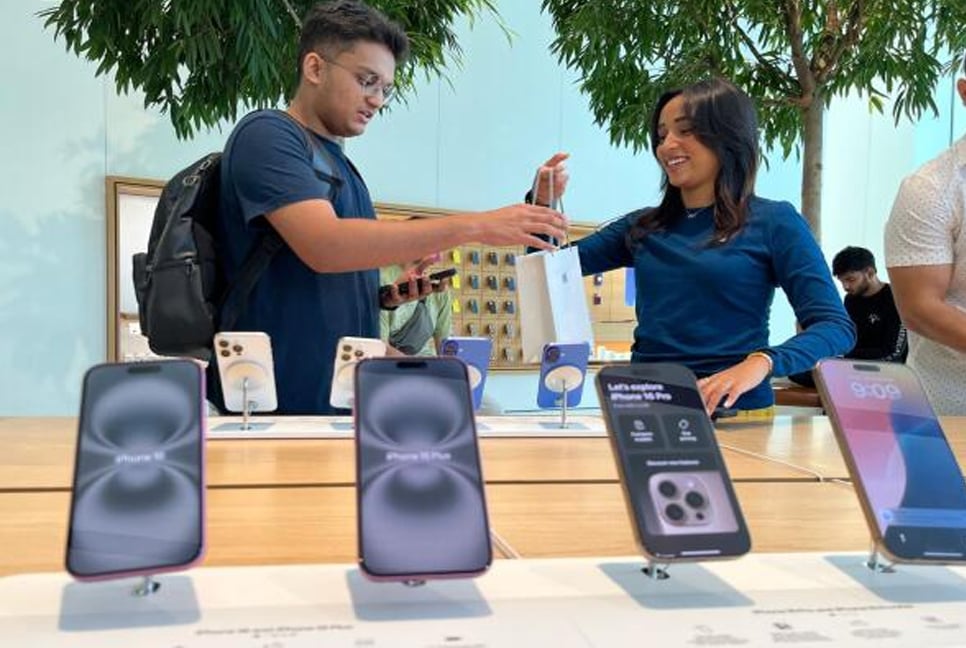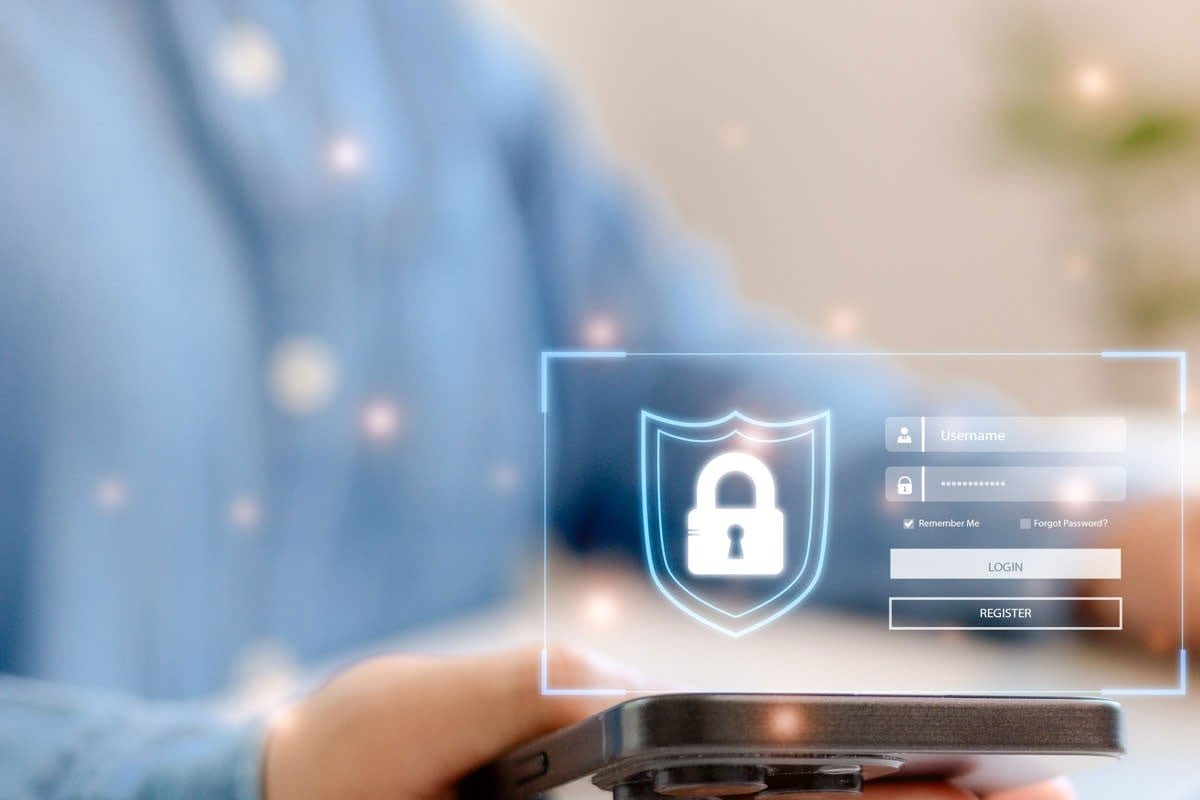It’s like a tradition — there’s an iPhone craze every September, and it’s no exception in the UAE. Why is there such a craze? Is it just for status and bragging rights? “Maybe for some, but not for everyone,” experts and avid iPhone users said on Friday, when lucky users finally got their hands on the latest iteration of their favourite gadget, reports Khaleej Times.
“Apple branding is status-making — make no mistake about it. It is undeniable that Apple has a cultural prestige but reducing their popularity to being just a status symbol is over-simplification of the impact it has for generations,” said avid iPhone user Rex Bacarra, an Abu Dhabi-based university professor of philosophy and ethics.
“I see the iPhone as a representation of innovation, reliability, security, and quality. Apple pushes the boundaries of innovation — of what works consistently and reliably with cutting edge features. Its design is truly sleek and elegant but it’s the functionality that is at the heart of it all,” added the university professor who will be trading his current iPhone 15 to a new iPhone16.
Security appeal
Dubai-based IT security expert Rayad Kamal Ayub said the iPhone’s reputation for security added a layer of appeal. Apple doesn't disclose, discuss, or confirm security issues until an investigation has occurred and patches or releases are generally available, he said.
“Parents — concerned about their teenagers’ digital well-being — may lean towards iPhones as a secure option for their children’s first smartphones,” Ayub added. “Apple is a household name in the UAE."
“The App Store is a treasure trove of diverse and engaging applications. From gaming to social media, the iOS platform offers an extensive array of apps that cater to the interests and preferences of teenagers. This rich app ecosystem undoubtedly contributes to the iPhone’s popularity among the younger demographic,” said Ayub, managing director of Rayad Group.
Bacarra added that the iPhone’s appeal cuts across generations. “Users simply appreciate the ease of use. Whether you are a pro or new to Apple’s ecosystem, the iPhone offers a very intuitive interface that’s easy to understand. There is also the seamless integration across all Apple devices — MacBook, iPad, iPhone, AirPod, watch — wherein everything just works together without hiccups. It actually makes life more technologically convenient.”
Key threats to look out for in 2024
The mobile threat landscape, however, is constantly evolving; and bad actors are increasingly targeting smart devices with scams and malware. Ayub said that while Android users are indisputably more exposed to cyber threats, iOS hasn’t quite proven to be a safe haven either.
“In fact, one could argue that threats tailored to the Apple ecosystem are better suited to their goals,” said Ayub. “Some attacks on iOS devices are highly targeted and use million-dollar exploits. Others take advantage of inherent weaknesses in the implementation of old technologies, like SMS. Whichever the case, attackers have avenues aplenty to target the Apple install base.”
If you’re an iPhone user, Ayub said here are some of the key threats to look out for in 2024:
Social engineering (phishing at large): iPhone owners, like most other mobile users, are on the receiving end of malicious emails, messages, or fake websites designed to trick them into revealing sensitive information, such as passwords or credit card details.
Malicious apps: These are often disguised as legitimate ones and designed to compromise user data or even introduce malware to the device if the user sideloaded the app after jailbreaking their iPhone.
Public Wi-Fi: Connecting to unsecured or compromised Wi-Fi networks can expose iPhone users various threats, including eavesdropping and man-in-the-middle attacks.
iCloud compromise: Weak passwords or falling victim to phishing attacks can compromise your iCloud account, exposing personal, sensitive data, including your photos if you chose to have them stored in iCloud.
Location tracking and privacy: Some apps may misuse location data, posing privacy risks, so you should always be cautious about granting unnecessary permissions to apps.
“Be cautious that the mobile threat landscape is constantly evolving, meaning it’s a good idea to stay abreast of the latest developments in cybersecurity and the best practices thereof," Ayub said.
"As always, consider using a dedicated security solution on all your devices, to fend off the wide array of threats targeting regular netizens everywhere."
Creating social identity?
Meanwhile, Dubai-based psychologists also shared their thoughts about the craze and why some hype and covet every new gadget.
Dr Shaju George, specialist psychiatrist at International Modern Hospital Dubai, said: “Some people are going behind brands to identify themselves with people of some league to enhance their self-esteem."
“Phones have become an integral part of our life and we carry them everywhere we go, so gradually it has become part of our identity. An expensive phone shows that you are successful and part of a higher social class, giving you a sense of belonging to a special group of people.
"Many successful people endorse particular brands and having the same brand makes us feel we are also in the limelight,” added Dr Sanganayak , specialist psychiatrist at Zulekha Hospital Sharjah.
“The perception of scarcity of a product and the fear that not getting it will affect one’s self-esteem is a stressful event,” he noted, adding: “We should not fall into a trap that it’s about self-worth and boosting self-esteem, rather than having satisfaction from getting an updated tech.”
He also urged residents to "avoid making it unhealthy", adding: "At the end of the day, a phone is a tool to communicate. Advanced technology is needed, but to depend only on technology and not finding ways of doing things with available resources will decrease creativity."
Bd pratidin English/Lutful Hoque


































































